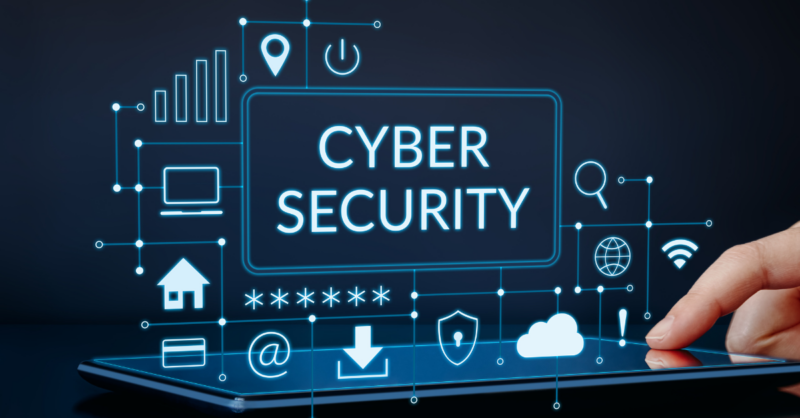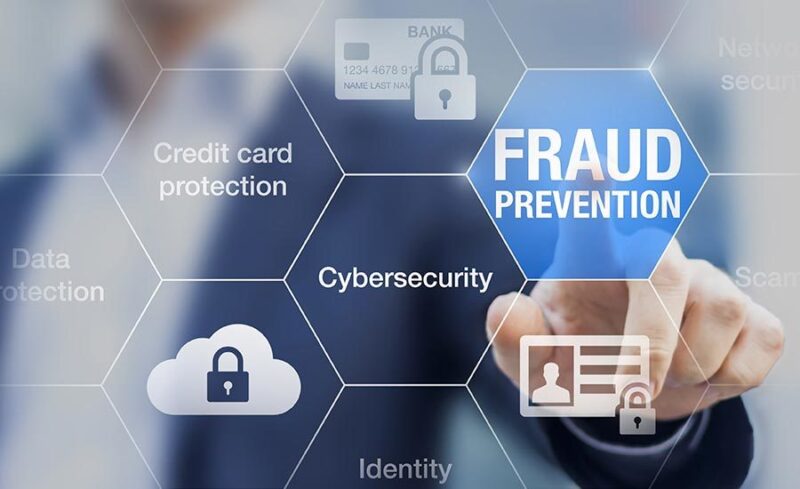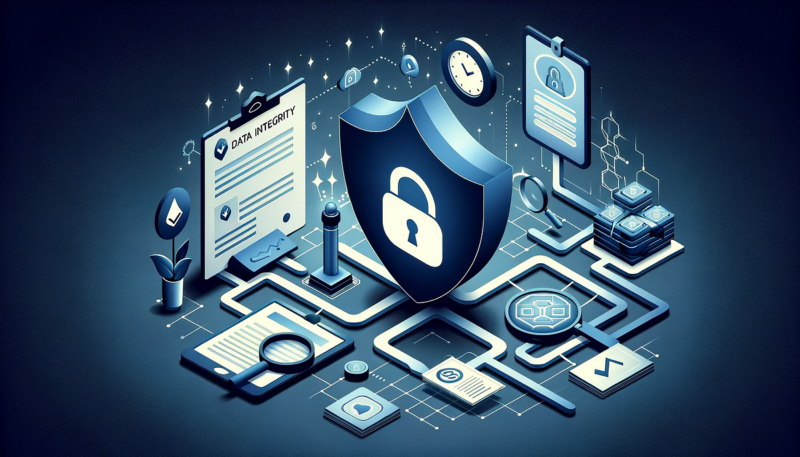In the emerging world of digital workplaces, where everything is bound to be threatened by scams like digital fraud and money laundering, Cybersecurity takes its place by mitigating these issues. Digital businesses and individuals have to keep a very sharp view of cybercrimes.
As these issues spread worldwide and perform unethical activities that violate people’s privacy, the need for a robust framework like Cybersecurity has increased massively. Fortunately, we figured out the deadly combination of cybersecurity and anti-money laundering to prevent online crimes. Here, we’re going to discuss the dynamics of tackling digital frauds and money laundering through Cybersecurity.
Why Cybersecurity is Important

With every new technology, there is always a dark side to it, and Cybersecurity is well-placed to deal with new challenges. Whether it is a business or government, Cybersecurity always facilitates digital transactions with its amazing features. When you have the privilege of Cybersecurity, there is no need to worry about data damage and data thefts.
Cloud services, such as Amazon Web Services, to store sensitive data and personal information are increasing both inherent and residual risk. Global connection is another factor contributing to this trend. The likelihood that your company will experience a successful cyberattack or data breach is rising due to a combination of more skilled cybercriminals and widespread inadequate cloud service settings.
Companies can no longer merely rely on antivirus software and firewalls as stand-alone cybersecurity solutions since hackers are growing more sophisticated, and their strategies are becoming more resistant to traditional cyber defenses. To remain well-protected, it’s critical to study every aspect of Cybersecurity.
With Cybersecurity, the world can now reduce different types of cyber attacks. if not all. It perfectly secures personally identifiable information (PII), protected health information (PHI), personal information, intellectual property, data, and governmental and industry information systems.
Cybersecurity impacts significantly by preventing digital assets like intellectual property, financial information, sensitive personal information, and many more. It safeguards corporate and personal data against present and potential dangers.
Cybersecurity keeps the information technology-managed supply networks that keep us fed and clothed safe. In this digital world, cyber security secures our precious identity, which is becoming more compatible with the online world and shifting to the digital world.
How Cybersecurity tackles digital fraud and money laundering

Wherever the finances of people involved in tech space, it’s become very important to spot the crime, stop the crime, and deal rigorously with crime. Here is an in-depth explanation of how Cybersecurity deals with online crimes:
Identification and authentication of the customer:
By incorporating a robust identification and authentication channel, Anti-Money Laundering (AML) systems ensure customers’ proper verification and legitimacy to avoid unnecessary issues. AML systems also spot suspicious transactions and report them to higher authorities to prevent money laundering and digital fraud. Additionally, in correlation with Cybersecurity, AML systems have done a great job in securing electronic systems, networks, and data.
Monitoring and Detecting irregularities:
With the advancement of automation and digitization, financial institutions face vulnerabilities such as fraud and financial crime. Cybercrime and malicious hacking have increased, illustrating how criminal operations have gotten more complex and interconnected. Consider a visit to jdl77.com to explore your finances safely. The detection and prevention of frauds such as forgery and credit scams demands advanced analytics to make the operations safe and efficient.
A holistic view of the financial crime landscape:
High professional officials seek a holistic view of the evolving world of financial crime. It is very important when mitigating digital fraud and money laundering at the center point. With the super sharp view of the economic crime landscape, high professionals are very close to tackling these issues. Money laundering, bribery, tax evasion, and other illegal offenses employing financial services to promote criminal enterprises are examples of economic crime.
Incorporating Cybersecurity for AML Data Integrity:

Cybersecurity plays a crucial role in maintaining AML data integrity. Cybersecurity made its mark by protecting online systems, networks, and data from unwanted access and online threats. It has become an important part of managing data reliability and safety, which is one of the most frequent AML efforts.
Promoting KYC Compliance:
Cybersecurity introduces KYC compliance through its tactics. Incorporating KYC compliance enables advanced tech, such as AI for ID checks and biometric verification to keep the data safe and assist in confirming the identity. Having secure methods to talk online, such as secure networks and encryption, is the most important when considering safe data sharing among customers, regulators, and banks.
A personalized risk assessment that drives risk appetite:
A specialized risk assessment of the specific risks that arise from the business model is required to drive a well-articulated risk appetite. PSPs and other consumer and merchant service providers must identify particular possible threats and establish the necessary internal infrastructure to defend their businesses. Each PSP must assess the many types and scenarios of financial crime risks to which their business models are vulnerable. An e-commerce platform, for example, may attract fraudulent merchants that work with customers to transfer unlawful payments. Platforms that offer cross-border payments may be used to circumvent controls implemented by other institutions.
Data-driven, ongoing risk management:
Utilizing innovative and existing technology and data will allow PSPs to provide continuous and targeted monitoring solutions informed by specialized data analysis rather than expert opinion alone. PSPs should strive to create intelligent automated processes, incorporating machine learning and analytical methodologies where appropriate. These tools have the potential to significantly improve efficacy by minimizing false-positive rates and the need for labor-intensive operations.
Conclusion
As time passes, more advanced cybersecurity technology will shape our future while assisting in mitigating issues like digital fraud and money laundering. Through the above-mentioned points, Cybersecurity ensures that people can trust the online world and make more digital transactions without any worry. The importance of Cybersecurity will increase along with the evolution of technologies so that people can enjoy a more safe and secure internet.

